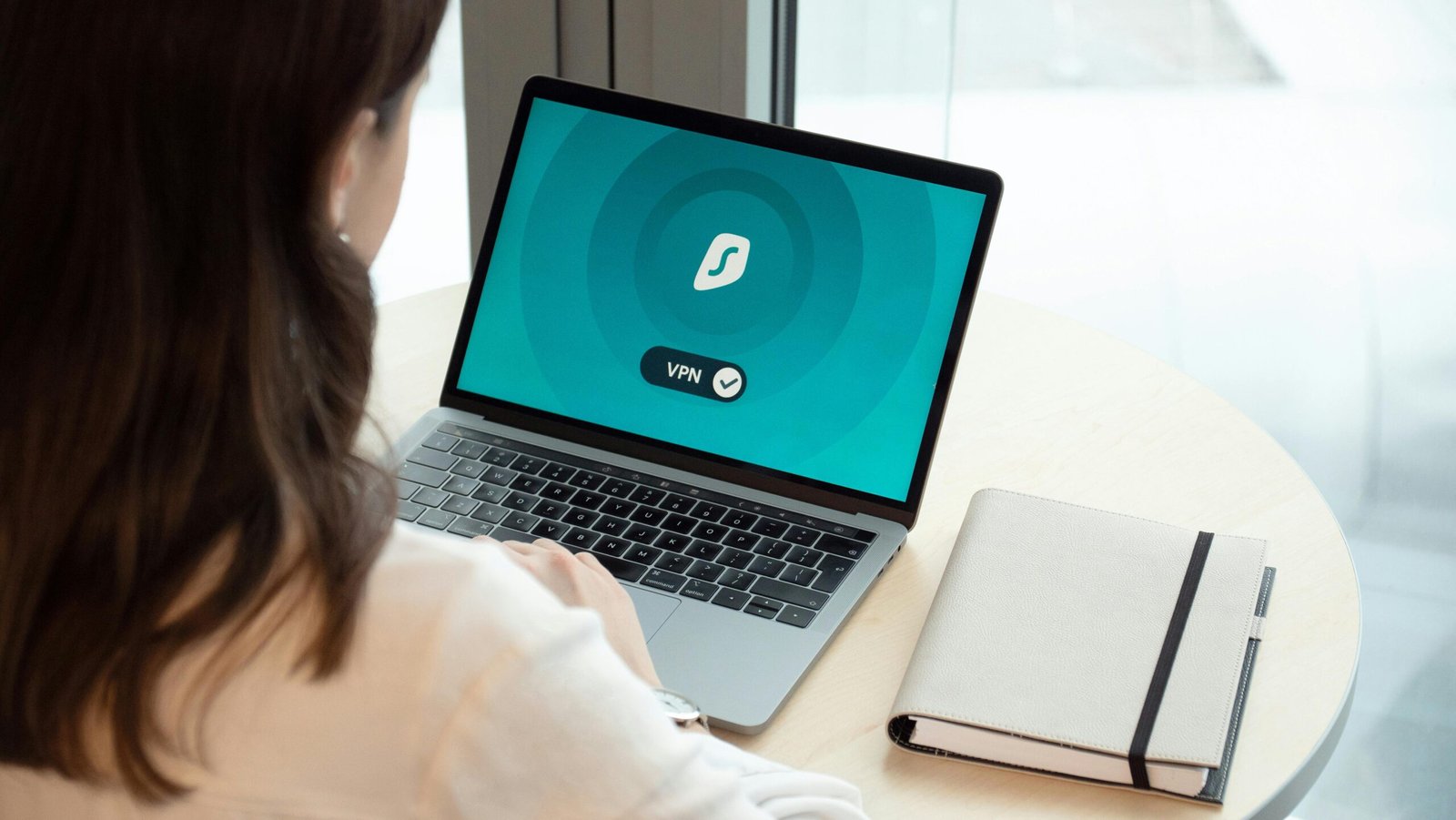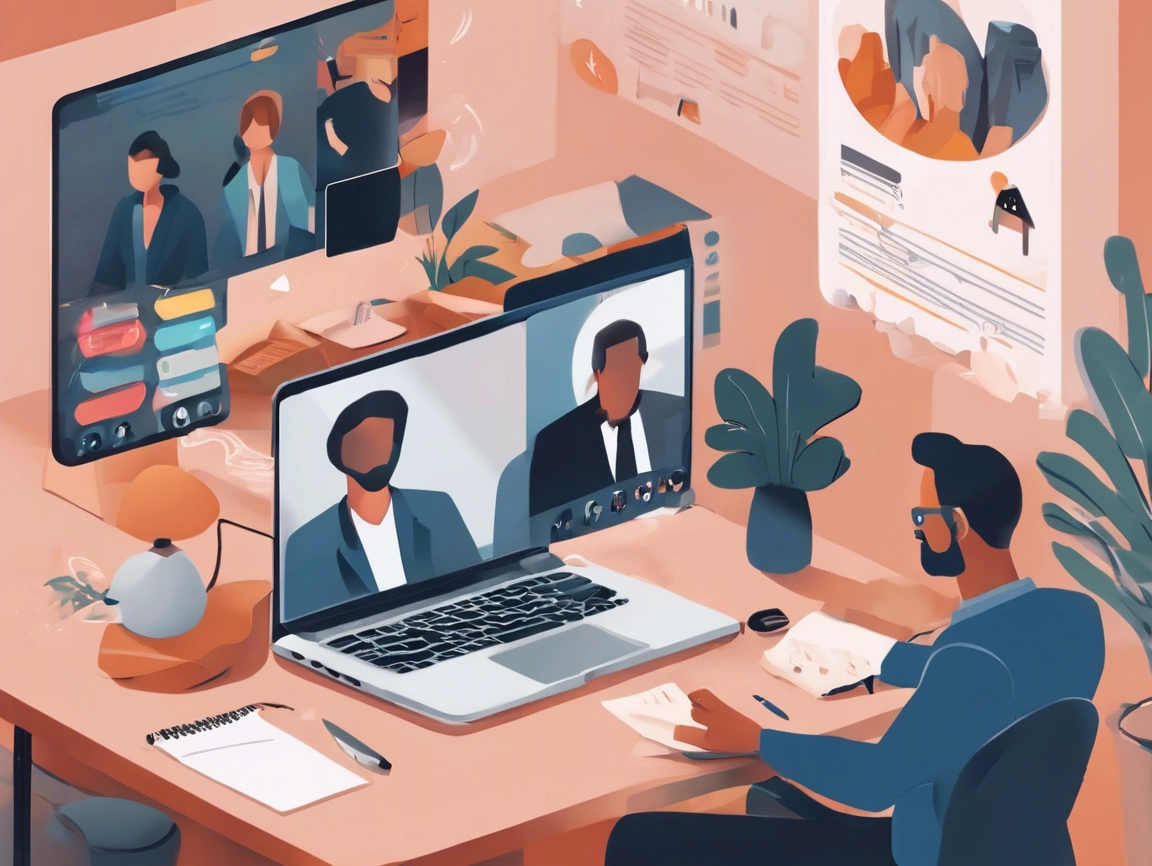🌍 Remote Work Is Booming — But Is It Safe?
The rise of remote work has opened up global opportunities for professionals everywhere. While this freedom is empowering, it also comes with new risks — scams, fake recruiters, and unclear contracts can threaten your safety and financial stability.
Here’s a practical guide to help you find remote jobs that are both legal and safe, no matter where you live.
✅ 1. Stick to Reputable Remote Job Platforms
Always start with trusted platforms that manually vet employers or have built-in reviews. Examples include:
- Remotive
- We Work Remotely
- Remote OK
- FlexJobs (paid, but verified)
Avoid obscure job boards that don’t offer any employer verification, contact info, or user reviews.
🔍 2. Research the Employer Thoroughly
Before applying:
- Visit the official company website
- Look for a valid domain email address (not @gmail/@yahoo)
- Check the company’s LinkedIn presence
- Look up their company name on platforms like Glassdoor or Trustpilot
If you can’t verify the employer’s identity, it’s better to walk away.
💸 3. Never Pay to Apply or “Get Hired”
Legitimate companies don’t charge applicants to get a job. Be cautious of:
- “Training fees” before starting
- “Background check” payments to unverified services
- Being asked for personal banking info early in the process
If you’re asked to pay for anything upfront, it’s likely a scam.
📄 4. Ask for a Contract (and Read It)
A professional employer will:
- Offer a written contract or freelance agreement
- Clarify salary, work expectations, deadlines, and rights
- Include tax and legal information (especially for cross-border hires)
If everything is done informally over chat, be skeptical.
🧠 5. Trust Your Gut — But Back It With Facts
If a job sounds too good to be true (e.g., $5,000/month for 5 hours/week), dig deeper:
- Search the job title + company + “scam” in Google
- Ask in online forums like Reddit or professional Slack groups
- Reach out to someone on LinkedIn who already works there
🔐 6. Protect Your Personal Data
Don’t send:
- A copy of your passport or ID until absolutely necessary
- Your full address or bank info unless you’ve signed a contract
- Passwords or access credentials to your accounts
A safe remote job will never ask you for sensitive data without proper legal context.
📌 Final Checklist Before Accepting a Remote Job
✅ Job posted on a reputable site
✅ Company has a verifiable web presence
✅ Communication is professional and consistent
✅ No requests for money or upfront fees
✅ Clear scope of work and written contract
✅ Data privacy respected
✨ Conclusion
Remote work can change your life — but only if it’s safe, legitimate, and fair. By doing your due diligence and learning to spot red flags, you can enjoy the flexibility of working from anywhere without putting your career or finances at risk.
Happy job hunting! 🌍💻
remotelyworker.com


